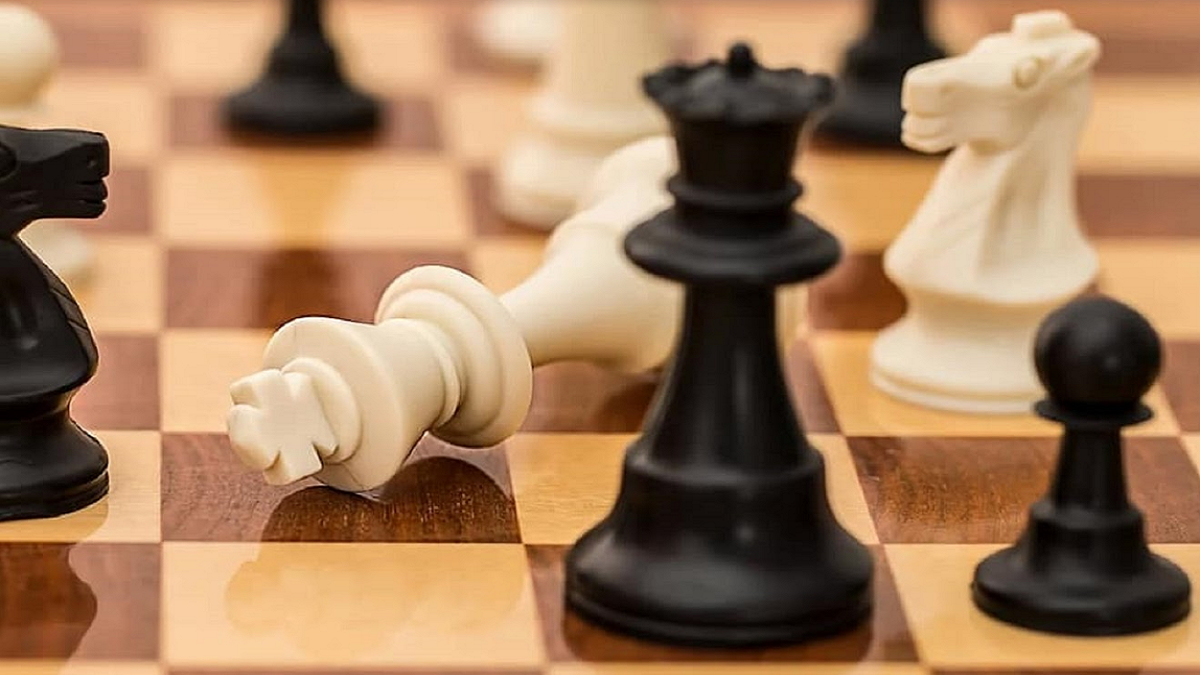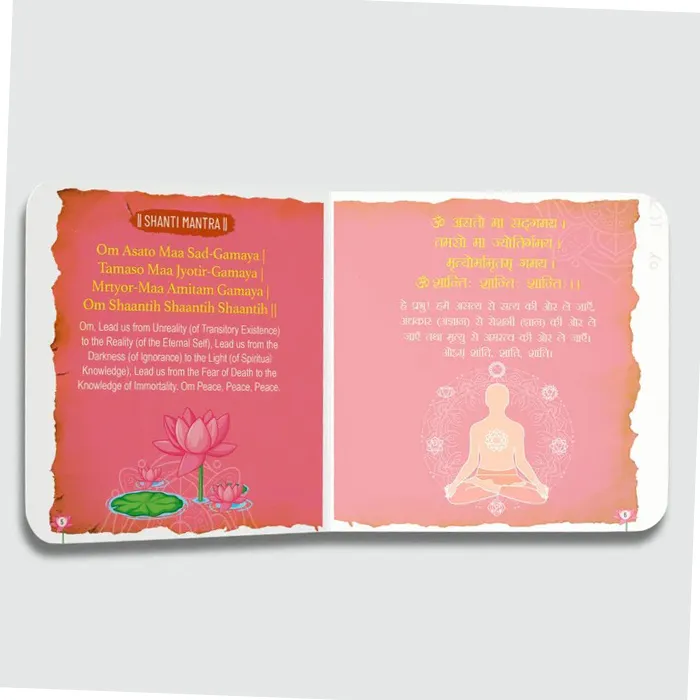When one builds meditation into one’s lifestyle, life becomes very interesting. Yes, there is the world outside, family, studies, career, travel and so on, but there is also a world inside every person — the world of our thoughts, emotions, beliefs and preferences.
Most people give their attention more to their outer life and less to the inner life. I believe that due to this imbalance, we have situations in the world where we can do amazing things with technology, we can travel so far, we can communicate instantaneously, we have great advances in health care, yet we also find very high stress levels. We find problems in relationships, divorces and so on, and basically the lack of ability to manage one’s own emotions and one’s own mind. I believe this is really the important area in human life with regard to dealing with stress, frustration, anger, and indeed, any of those emotions, including fear, jealousy, and revenge. All of it is very much connected with how well my mind is in my control.
It is often said that sport is a ‘mind game’ and sports psychologists will, of course, work on that part of the athlete to train them to be mentally strong and tell them that if you can win in the mind, then you can win on the field. It’s also true that business is a mind game, politics is a mind game, and eventually the biggest mind game of all is life itself. Marcus Aurelius put it beautifully: “The quality of your life depends upon the quality of your thoughts.” So, when it comes to dealing with anger and frustration, understanding the mind is a very big part of it.
Now, just think of any machine that you may buy. Along with that machine you also receive a user manual. That manual tells you how to take care of the machine, and how to look after it and use it properly. And so, the question arises, where is the user manual for the mind? How are you supposed to think? How are you supposed to best spend your thought energy? What kind of attitude is useful and healthy when you are facing criticism? How to deal with yourself when you keep making the same mistake over, and over, and over again? What to do when you are accused of something that has nothing to do with you?
Broadly speaking, people are generally illiterate in this area. The result of this is that we develop what I consider to be the worst of all human habits, and that is — overthinking. When we think too much, we are literally throwing away this precious fuel — thought power. Then the mind becomes tired, and when the mind is tired then the patience level goes down, tolerance level goes down, the ability to understand someone else suffers, and we have disproportionate responses to the situations around us.
We may make a small thing into a very huge issue, make a mustard seed into a mountain, and therefore further create difficult emotions to deal with. By building a practice of reflection or meditation into our day-to-day life, maybe just twice a day, in the mid-morning and then in the mid-afternoon, your mind is looked after better, is respected more. Then you will naturally have greater self-control as you pass through the day. Self-control leads to victory.
Yogesh Sharda is the National Coordinator of the Brahma Kumaris’ services in Turkey.













